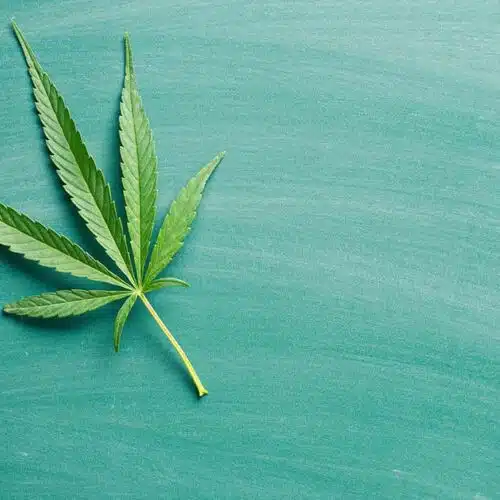In a “naturalistic” study, volunteers who smoked cannabis low in cannabidiol (such as skunk) demonstrated acute memory impairment, whereas participants smoking cannabis high in cannabidiol (such as herbal or resin strains) showed no acute memory problems.
According to a report in the October issue of the British Journal of Psychiatry, the low- and high-cannabidiol cannabis strains smoked in the study contained a similar about of Δ9-tetrahydrocannabinol (THC), which is known to impair memory.
This study shows apparent protection from THC-induced memory deficits by cannabidiol. Further research could potentially lead to the development of therapeutic cannabidiol for memory-related disorders.
Unfortunately, for cannabis users, the constituents of street cannabis have changed during the last 2 decades, with strains high in THC and low in cannabidiol now dominating the market, Valerie Curran, PhD, and colleagues, from the Clinical Psychopharmacology Unit at University College London in the United Kingdom, point out in their article. “Our findings suggest that this increases the cognitive harms to cannabis users,” they write.
Levels of cannabidiol in cannabis can vary from virtually none to up to 40%. Dr. Curran and colleagues recruited 134 regular cannabis users, aged 16 to 23 years, to investigate the influence of cannabidiol and THC levels on acute memory and psychotomimetic effects of smoked cannabis.
The volunteers underwent relevant testing 7 days apart, once while they were drug free and once while they were intoxicated by their own chosen smoked cannabis. A sample of the cannabis (as well as saliva) was obtained from each participant and analyzed for levels of cannabinoids.
Cannabidiol was “relatively scarce” in the cannabis samples; only 22 samples showed levels above 0.75%. Users of these samples made up the “high-cannabidiol” group, whereas users of samples with cannabidiol levels less than 0.14% made up the “low-cannabidiol” group.
As mentioned, the THC content of smoked cannabis did not differ markedly between samples.
According to the investigators, only volunteers who smoked cannabis low in cannabidiol showed impairment in immediate (P = .002) and delayed prose recall (P < .001) when acutely intoxicated.
Novel Findings
Volunteers who smoked higher cannabidiol strains of cannabis did not show any acute deficit in prose recall. Prose recall has been found to be a good predictor of everyday memory performance and “so our findings are relevant to users’ daily functioning,” the investigators note. The fact that the high- and low-cannabidiol groups did not differ in performance when drug free suggests that the finding cannot be attributable to any preexisting group differences, the study authors note.
Cannabidiol content of smoked cannabis did not affect psychomimetic symptoms, which were elevated in both groups when intoxicated, in line with previous findings.
The differential actions of THC and cannabidiol at the CB1 receptor are likely responsible for the current observations, the researchers say. THC, which has memory-impairing effects, is a partial CB1 receptor agonist, whereas cannabidiol, with its possible memory-preserving effects, is a weak partial CB1 receptor antagonist.
Still, Dr. Solowij cautions that “a range of neurobiological mechanisms could underlie the effects found in this study, including differing pharmacodynamics and metabolic effects.”
“Accepting that around 50% of young people use cannabis, they should be encouraged to use strains containing higher levels of cannabidiol (herbal or resin strains, rather than skunk),” Dr. Curran toldMedscape Medical News.
“Cannabis users and growers may utilize the findings of this kind of research to develop ‘healthier’ strains of cannabis; the word has already spread with regard to anxiolytic effects of cannabidiol with street level marketing of higher cannabidiol cannabis being ‘better for you’ already occurring,” Dr. Solowij added.
Dr. Curran and colleagues say their observations contribute to the growing body that suggests a range of potential therapeutic uses of cannabidiol, “including the ability to modulate the acute amnestic effects of THC.” Dr. Solowij agreed: “This is an extremely interesting study with novel findings providing further evidence for the potential benefits of cannabidiol.”
The study was funded by the Medical Research Council. The study authors and Dr. Solowij have disclosed no relevant financial relationships.


